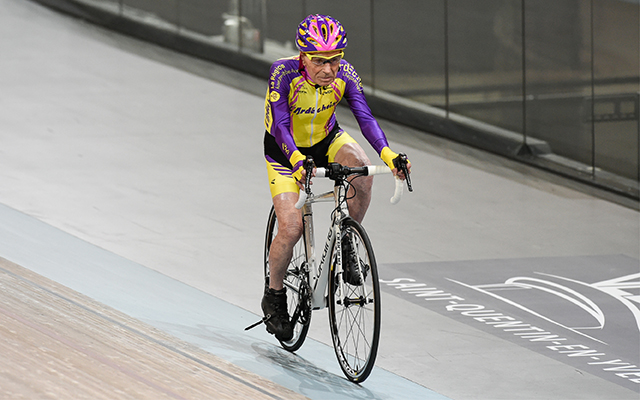A new report from the University of Edinburgh suggests that brain games and crossword puzzles may not be the best way to stay mentally sharp as you age. According to the study, in fact, such pastimes have a minimal effect on the brain’s health. So, what does work? Physical activity.
Senior research fellow Alan Gow, PhD, and his team found that physical exercise improved the health of the brain by reducing white-matter damage and shrinkage. This, in turn, has been shown to help maintain thinking and memory abilities.
Over a three-year period, the researchers tracked 700 men and women, all approximately 70 years old at the start of the study. The participants detailed their levels of social interaction, mental exercise and physical activity, which ranged from moving only when necessary to walking or competing in sports several times a week. Their MRIs revealed that exercise had a neuroprotective effect — reducing brain shrinkage as well as atrophy and number of brain lesions — regardless of age, gender, social status, medical history or IQ. Social and mental activities, however, had no measurable effect on the MRI results.
While more research is needed to demonstrate precisely which exercise scenarios deliver the best support for optimal brain health, Gow recommends adding some sort of exercise to your weekly routine now. This will promote cognitive health later in life, he says — no matter your current age. All adults will benefit from “considering how they might be able to be more active right now,” he says.
“An increase in daily activity doesn’t need to be strenuous or expensive,” Gow adds. “Other studies have shown benefits can be accrued just by increasing how much you walk each day.”




This Post Has 0 Comments